Your cart is currently empty!
In recent years, the Philippine educational system has undergone significant reforms aimed at providing students with a more holistic and competency-based learning experience. One such reform is the introduction of the Matatag Curriculum by the Department of Education (DepEd).
This curriculum represents a paradigm shift in education, focusing not only on academic excellence but also on the development of essential life skills and competencies. In this blog post, we’ll delve into the core features of the Matatag Curriculum and explore its potential impact on Filipino students.
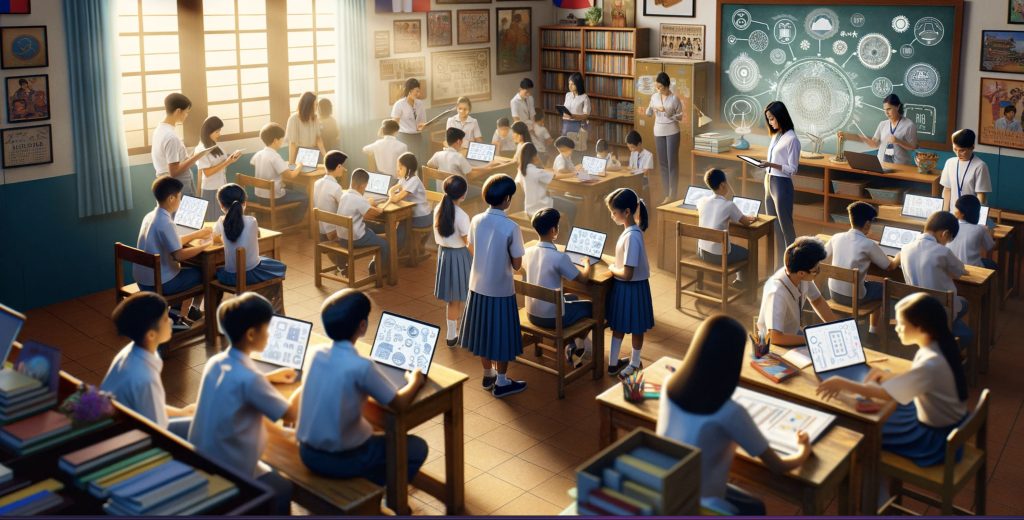
Holistic Approach to Education:
The Matatag Curriculum embraces a holistic approach to education, recognizing that students’ development goes beyond academic achievements. According to a report by the Philippine Daily Inquirer, DepEd Secretary Sarah Duterte emphasized that the curriculum aims to nurture students’ emotional, social, physical, and moral well-being alongside their intellectual growth.
Competency-Based Learning:
Central to the Matatag Curriculum is the shift towards competency-based learning. Rather than solely focusing on memorization and standardized tests, the curriculum prioritizes the development of competencies and skills that are essential for success in the 21st century. A study published in the Philippine Star highlights how this approach fosters critical thinking, creativity, problem-solving, and collaboration among students.
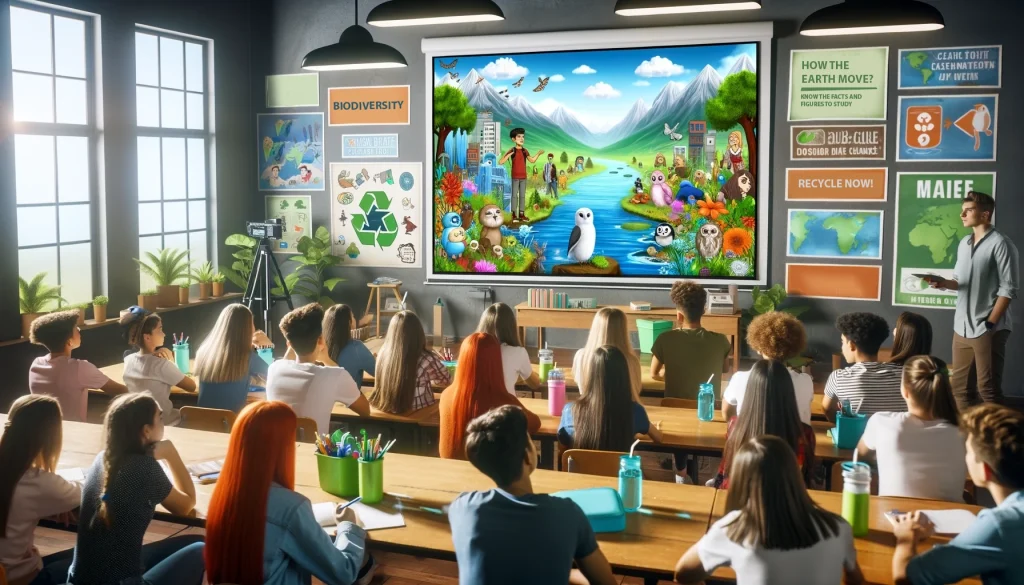
Localized and Culturally Relevant content:
Another key aspect of the Matatag Curriculum is its incorporation of localized and culturally relevant content. By integrating Filipino culture, history, and values into the curriculum, DepEd aims to promote a sense of identity and pride among students. An article by Rappler cites DepEd’s efforts to create learning materials that reflect the diversity of Philippine culture and heritage.
Flexibility and Adaptability:
The Matatag Curriculum is designed to be flexible and adaptable to the needs of diverse learners. According to data from DepEd, the curriculum provides opportunities for personalized learning experiences, allowing students to progress at their own pace and according to their individual interests and strengths. This flexibility promotes inclusivity and ensures that no student is left behind.

Emphasis on 21st-century Skills:
In line with global educational trends, the Matatag Curriculum places a strong emphasis on developing 21st-century skills. These include digital literacy, communication, critical thinking, and adaptability, which are crucial for success in today’s fast-paced and technology-driven world. A report by ABS-CBN News highlights how the curriculum prepares students for the demands of the modern workforce.
Preparation for Lifelong Learning:
One of the overarching goals of the Matatag Curriculum is to prepare students for lifelong learning. By focusing on the development of competencies and skills, rather than just imparting knowledge, DepEd aims to equip students with the tools they need to thrive in an ever-changing world. An article by CNN Philippines underscores the importance of fostering a culture of continuous learning and growth among students.
Conclusion:
The Matatag Curriculum represents a significant step forward in Philippine education, offering a more holistic, learner-centered, and future-ready approach. By embracing competency-based learning, localized content, flexibility, and 21st-century skills, DepEd aims to empower Filipino students to become lifelong learners and active contributors to society. As the implementation of the curriculum continues, it will be essential to monitor its impact and make necessary adjustments to ensure its effectiveness in preparing students for the challenges and opportunities of the future.

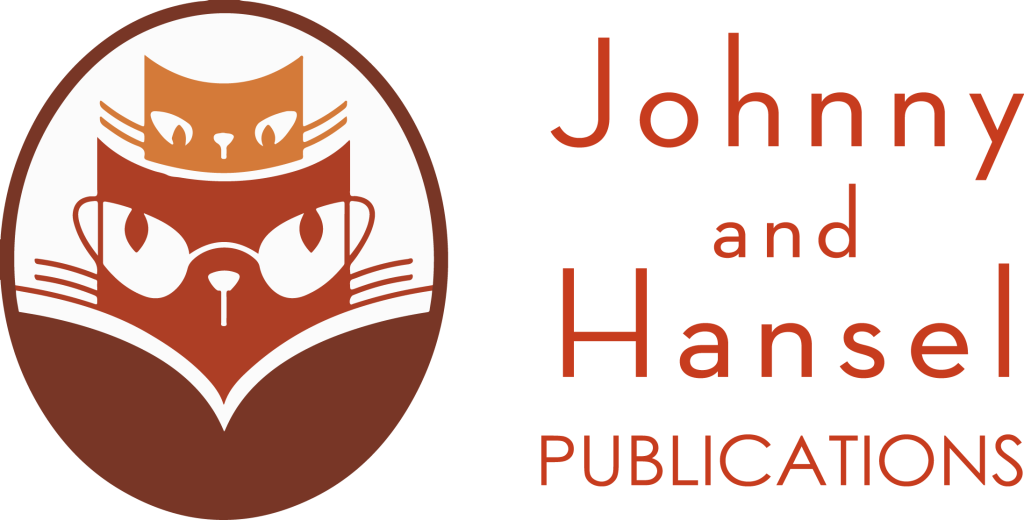
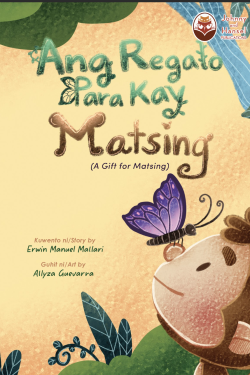
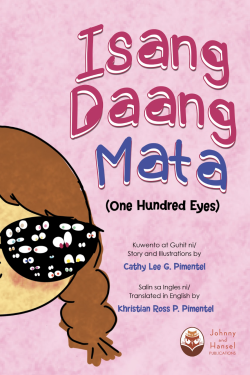

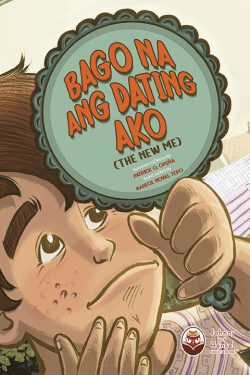

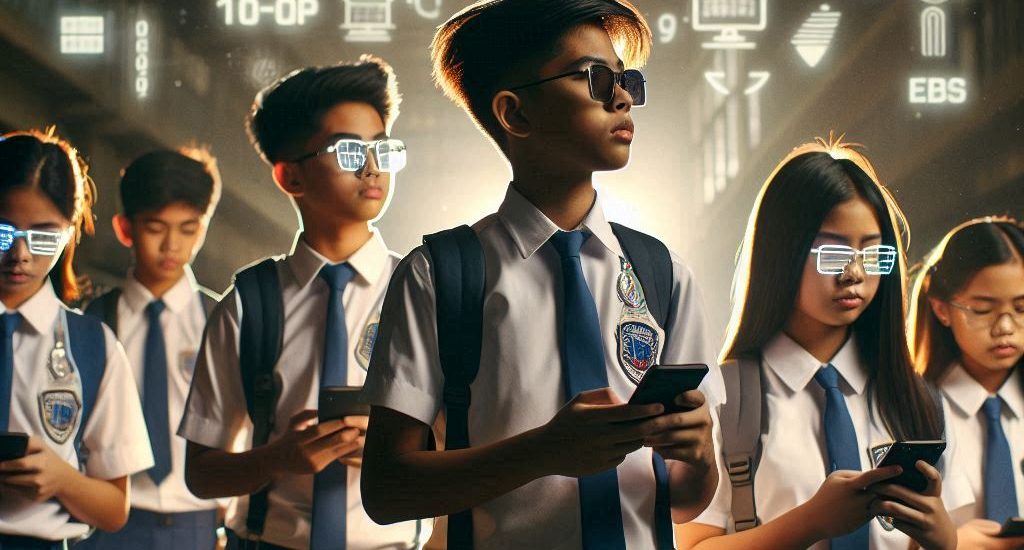

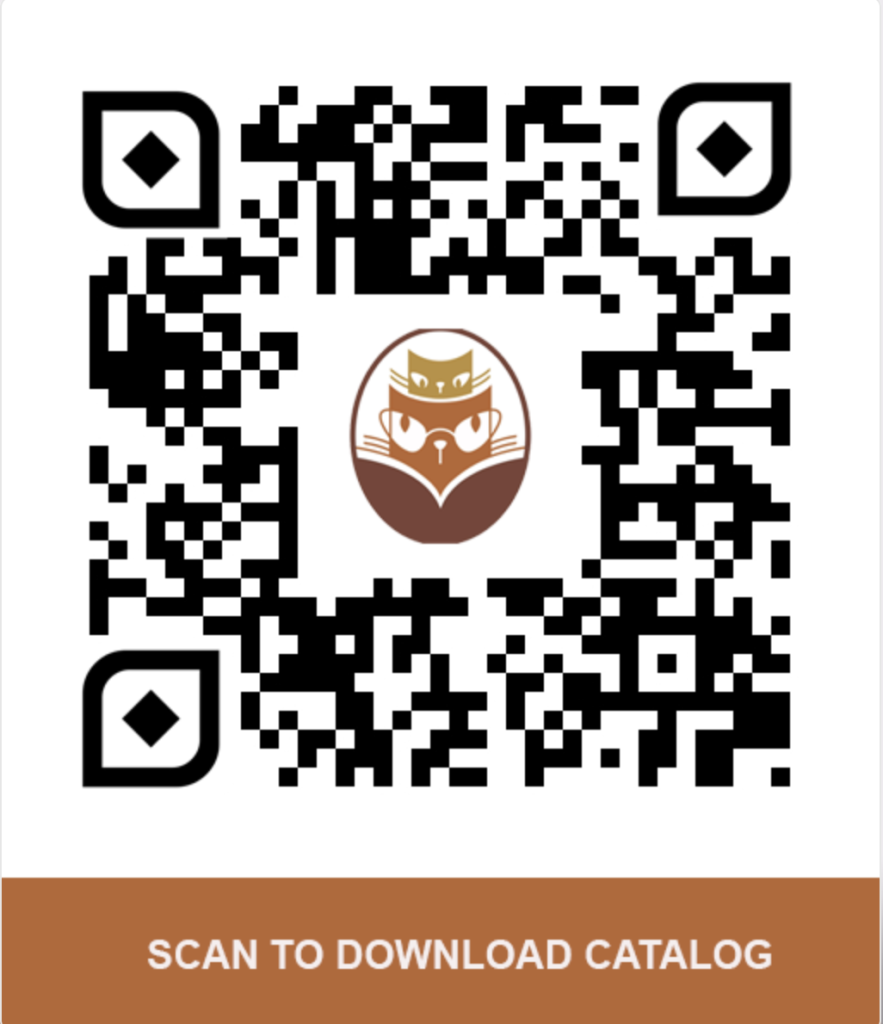
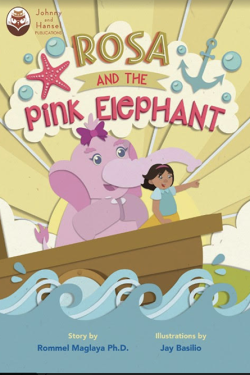
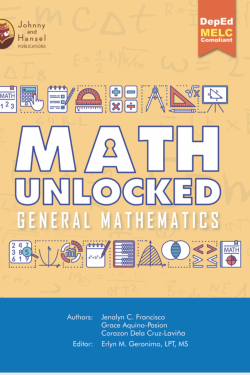
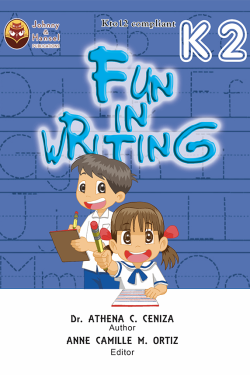

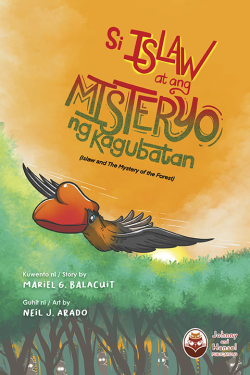
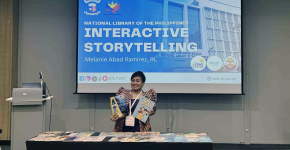
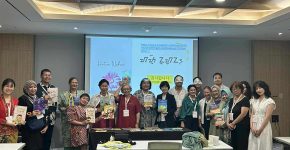


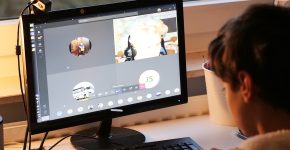
what is your mode of payment